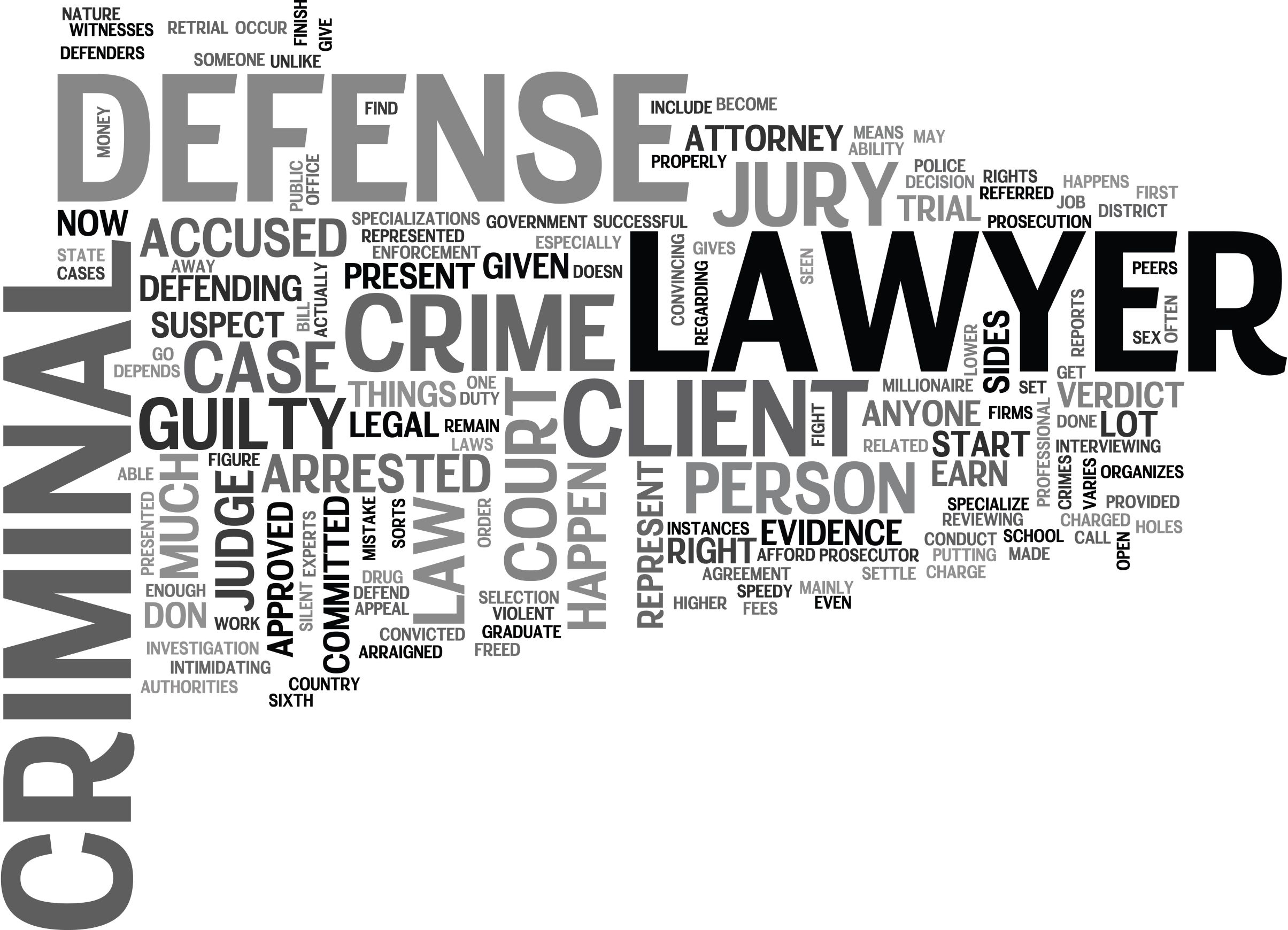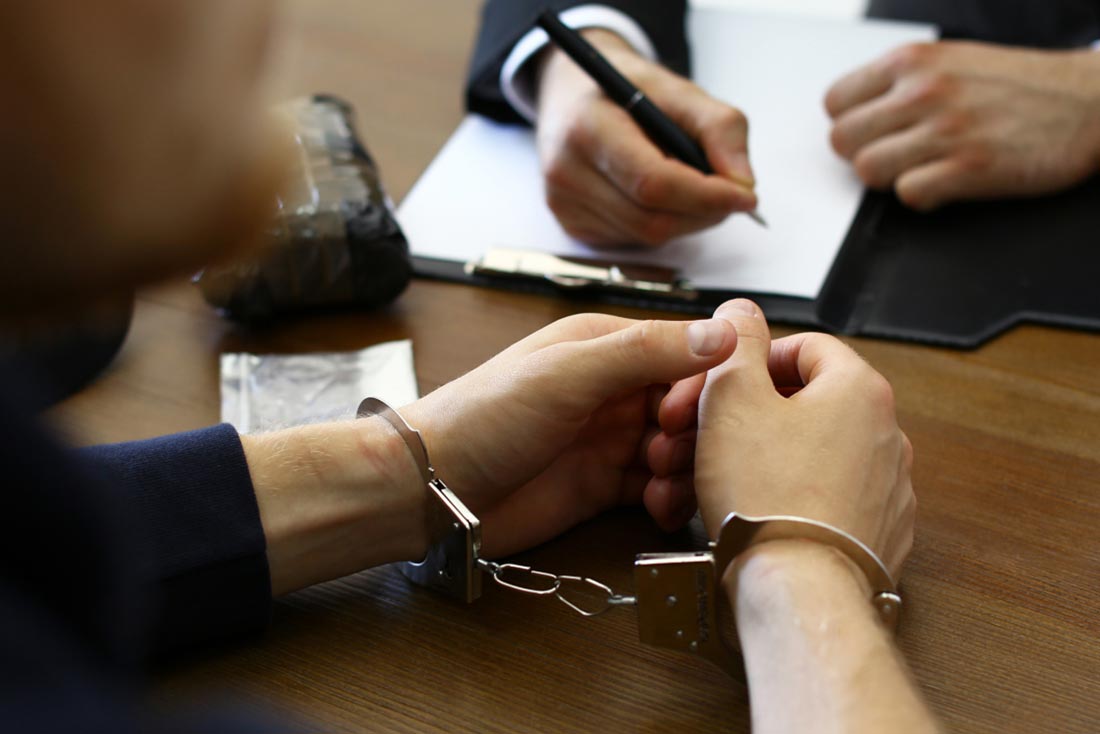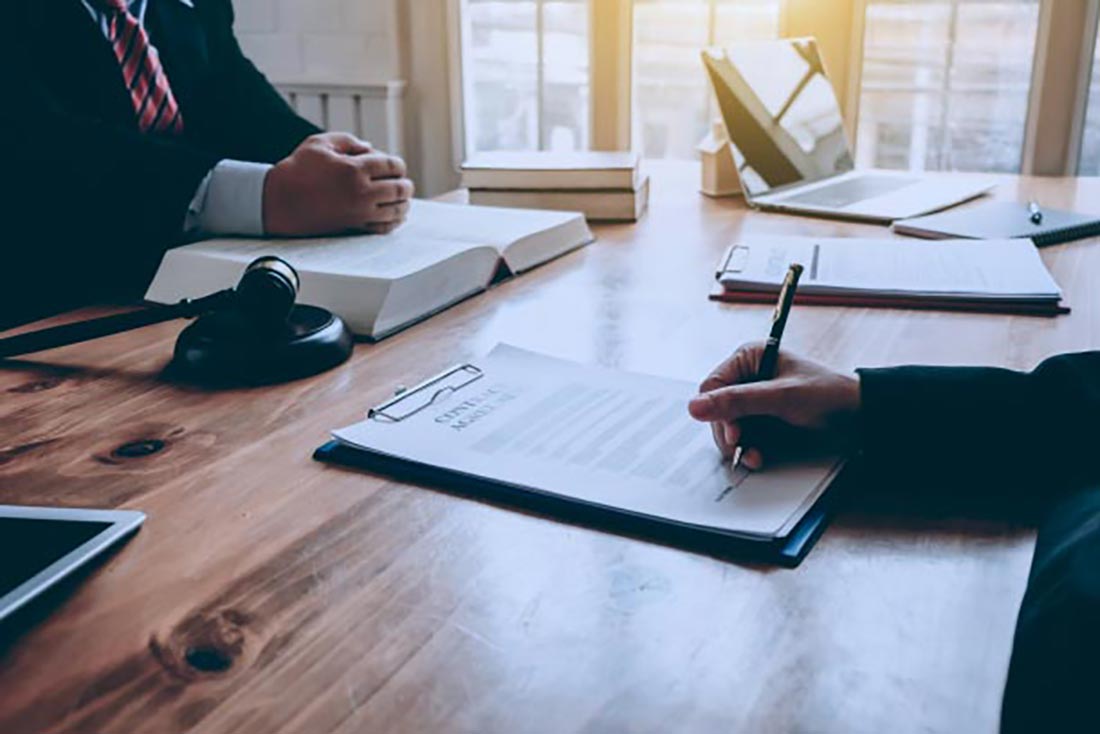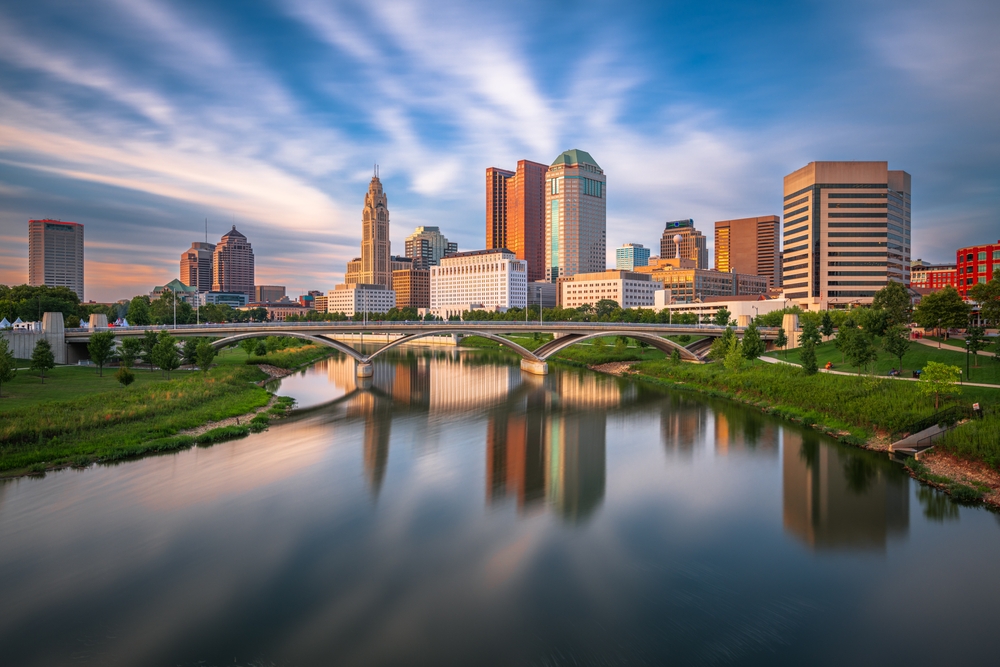When in need,
call Parks and Meade
We strive to provide clients with top quality legal advice and services
Criminal Defense
and DUI/OVI
Divorce AND
Family Law
Estate and Trust Planning
We strive to provide clients with top quality legal advice and services
Attorney Kelly Parks and Attorney Darren Meade have a combined 4 decades of experience in providing sage legal advice to their clients. They understand that each client’s needs are specific and requires individualized attention to ensure the best outcome. Kelly Parks and Darren Meade are committed to working with their clients to ensure an experience that relieves the anxiety and pressure that comes with navigating through the courts and the legal system.
What our clients say
Best Wishes
Latest Updates

An Overview of Criminal Defense in Columbus Ohio
Being accused of a crime is devastating, not only for you but for your entire family. Understanding what you are facing and having an experienced criminal defense attorney on your

What does a criminal defense attorney do?
A criminal defense attorney performs many actions on behalf of their client, many being behind the scenes. So, what exactly does that entail? Analysis of Evidence Upon receiving Discovery documents

What Happens at the Lawyer’s Office?
Intake Whether you as the defendant or a close contact calls the attorney’s office on your behalf, first an intake will occur. During this time biographical information and basic background


